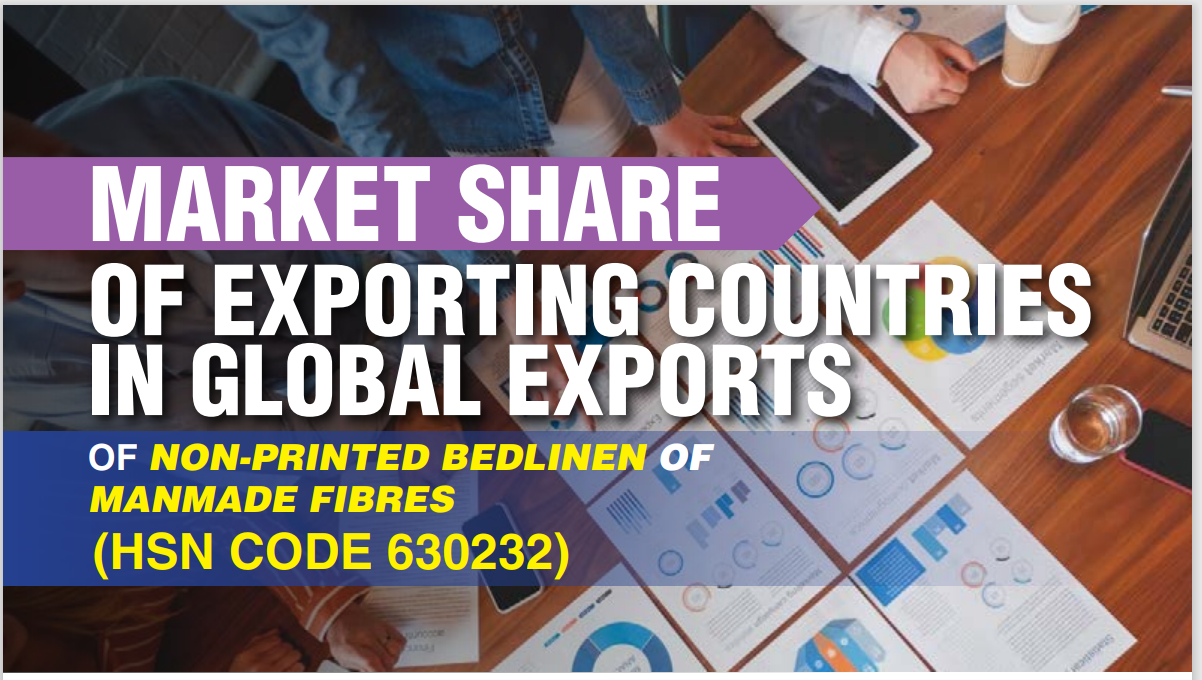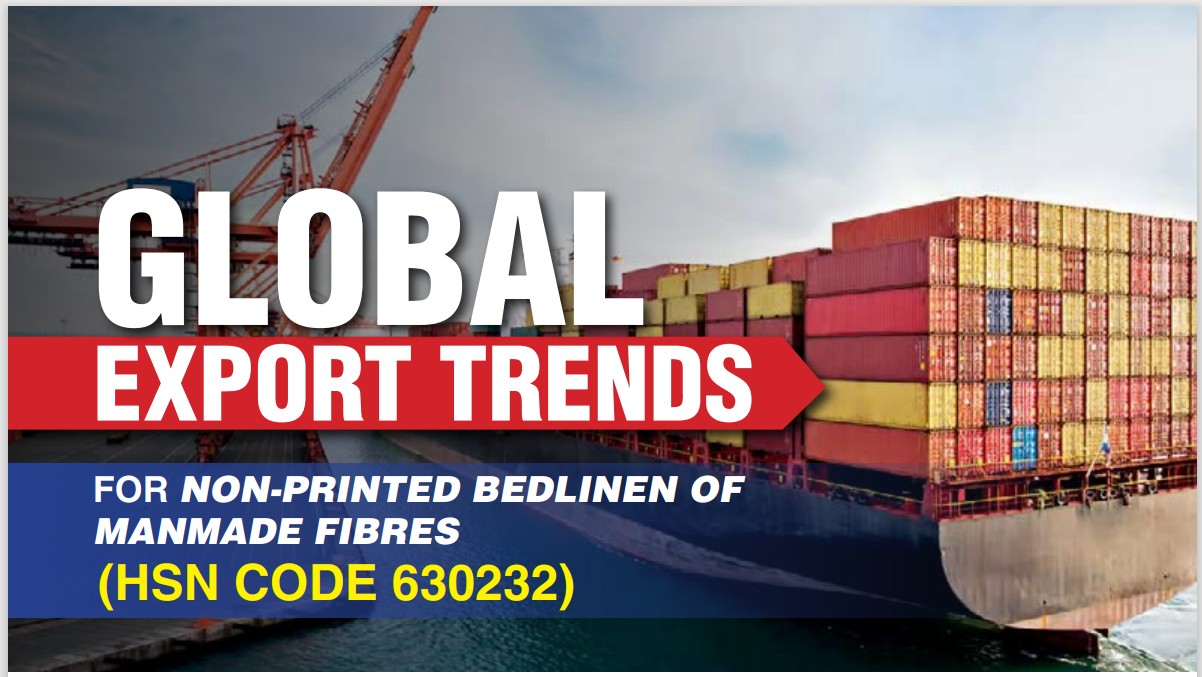PAKISTAN SUCCESS STORY EXPORTS OF BEDLINEN OF MANMADE FIBRES
Share Post
Pakistan’s textile industry, particularly in the export of bed linen made of manmade fibers, has shown resilience and adaptability.
Success in Exports:
• Rising Exports: Since 2016, Pakistan’s export of bed linen made of manmade fibers has been on the rise.
• Key Supplier: Pakistan is a significant supplier to major markets like the United States, the Netherlands, the United Kingdom, Germany, and France.
• Market Dominance: Cities like Karachi, Faisalabad, Lahore, Gujranwala, Sialkot, and Multan are dominant players in the bed linen market.
Reasons for Success:
• Quality and Compliance: Pakistani manufacturers have focused on meeting strict quality and compliance requirements, which has significantly boosted exports.
• Cheap Labor and Raw Materials: The availability of cheap labor and basic raw cotton has played a crucial role in the growth of the industry.
• Government Support: Initiatives like Balancing, Modernization, and Replacement (BMR) provide loans to businesses at subsidized rates, encouraging growth.
Success in Exports:
• Rising Exports: Since 2016, Pakistan’s export of bed linen made of manmade fibers has been on the rise.
• Key Supplier: Pakistan is a significant supplier to major markets like the United States, the Netherlands, the United Kingdom, Germany, and France.
• Market Dominance: Cities like Karachi, Faisalabad, Lahore, Gujranwala, Sialkot, and Multan are dominant players in the bed linen market.
Challenges:
• Competition: Pakistan faces stiff competition from China and India in the home textiles market. • Raw Material Prices: The rising price of raw materials such as yarn and increasing interest rates and inflation rates might challenge the industry.
• Political Instability: The political climate in Pakistan may affect the home textiles market. Future Trends:
• Market Growth: The Pakistan home textiles market size is estimated to grow from USD 8.10 billion in 2024 to USD 9.91 billion by 2029.
• CAGR: The industry is expected to register a Compound Annual Growth Rate (CAGR) of around 4% during the forecast period.
• Diversification: There is a need for diversification in product range and development of skills to promote exports.
Pakistan’s Challenges in Manmade Fiber Exports:
• Despite close cooperation between Pakistan and China in the economic sphere, the trade balance has not remained in Pakistan’s favor.
• High duties on PSF (polyester staple fiber) significantly undermine Pakistan’s textile exports, making the production of manmade fiber economically unviable. This situation discourages domestic textile and apparel firms from investing in manmade fiber production.
Pakistan’s bed linen export sector has seen success due to its focus on quality, compliance, and government support. However, it faces challenges related to manmade fiber exports from competition, raw material costs, and political instability. The future looks promising with expected market growth and opportunities for diversification and skill development. Prioritizing commodity-specific markets and focusing on the services sector could enhance Pakistan’s bilateral trade.
10:51 AM, Sep 09
Other Related Topics


Foreign Buyers Forge New Ties at UP International Trade Show
04:21 PM, Sep 30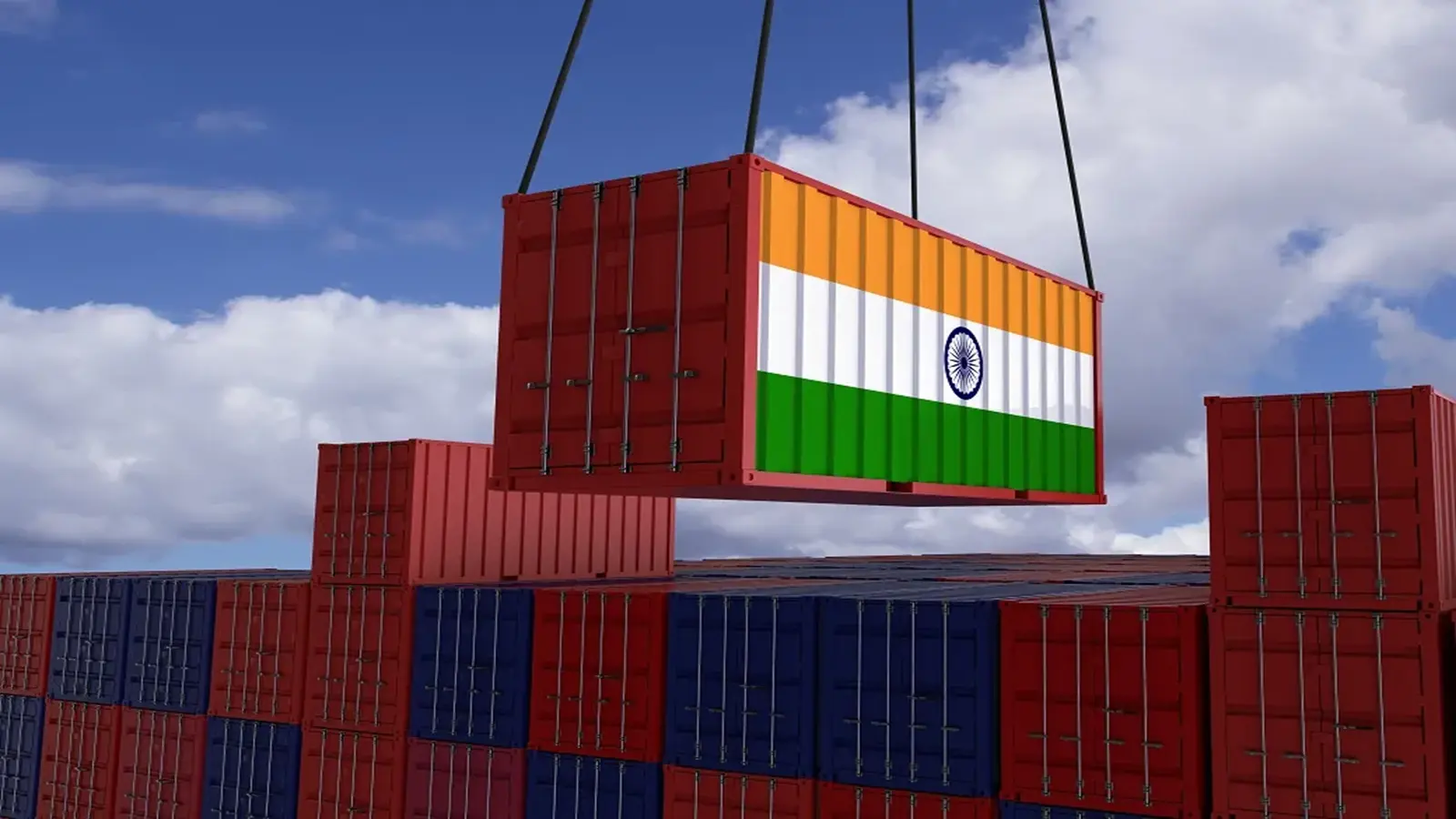
Government Extends RoDTEP Export Incentive Scheme Until March 2026
03:35 PM, Sep 30


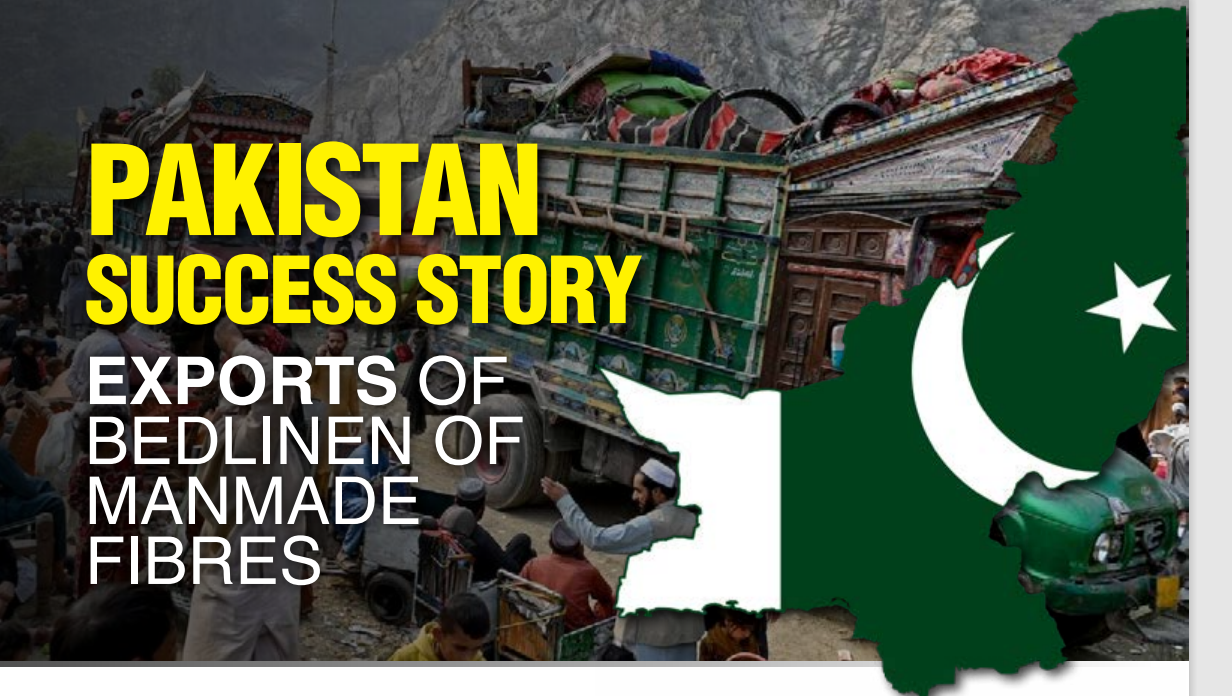
























.png)




31.PNG)

31.PNG)

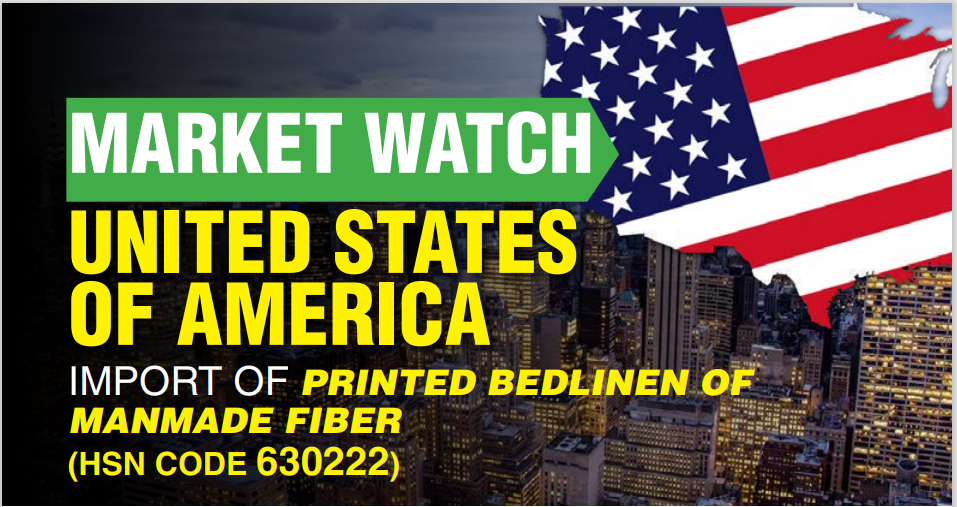
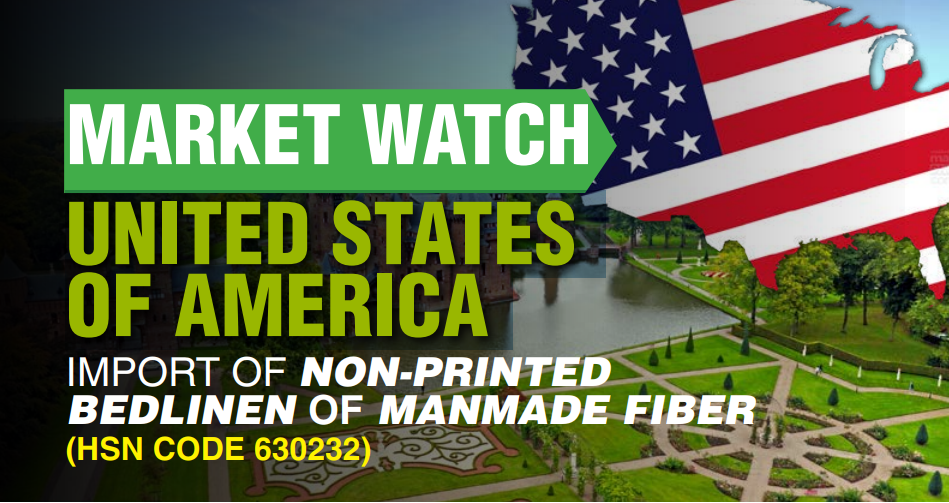
51.PNG)
41.PNG)
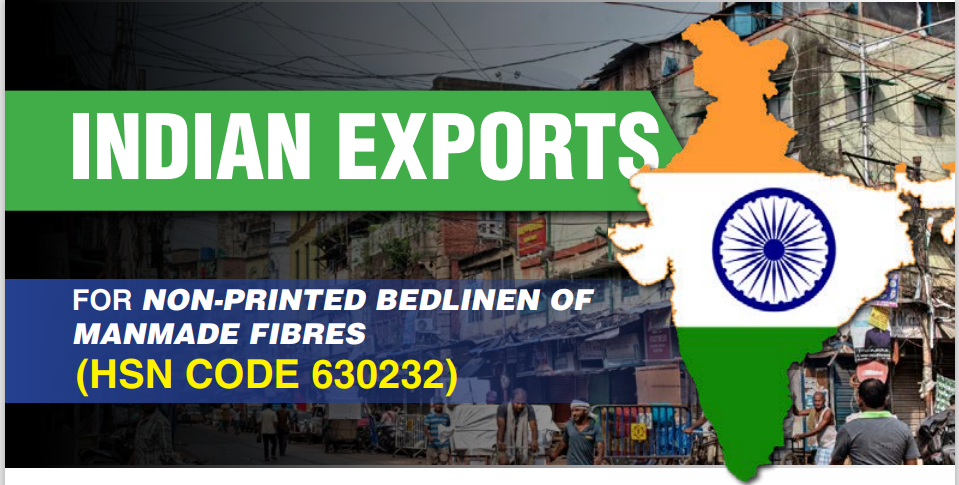
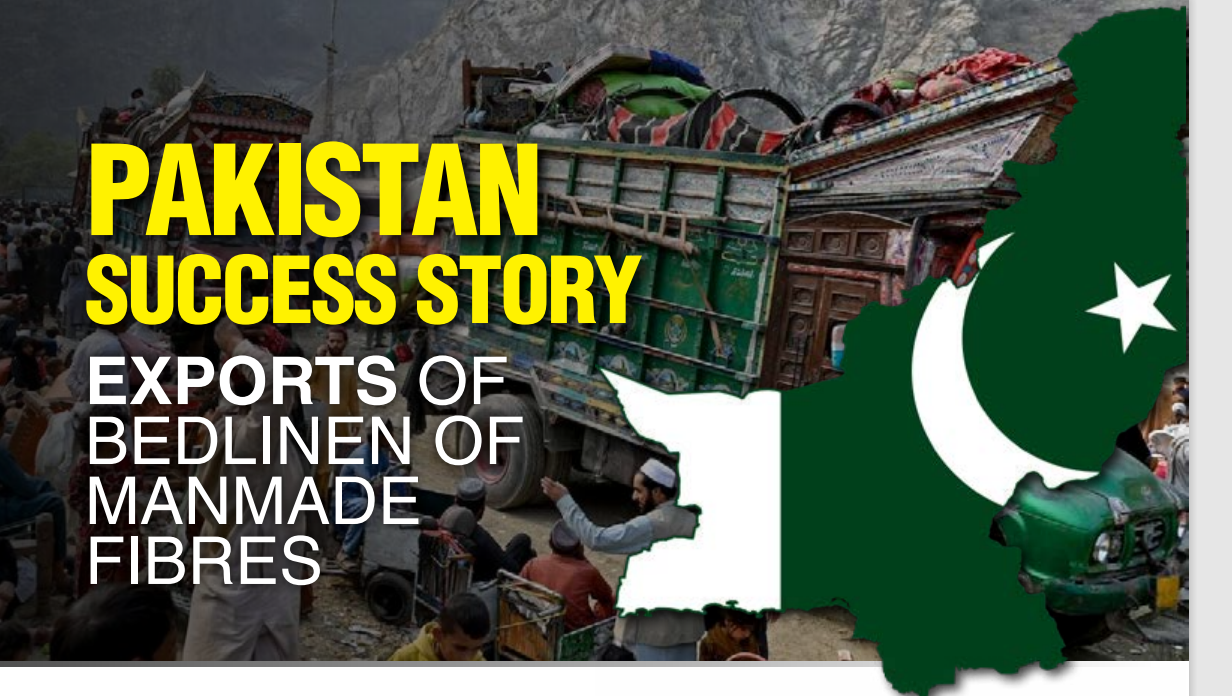

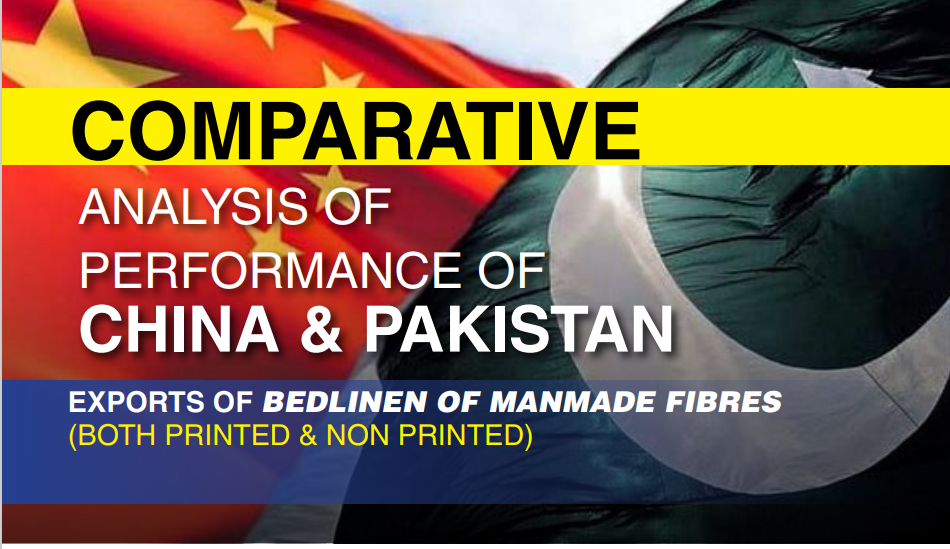
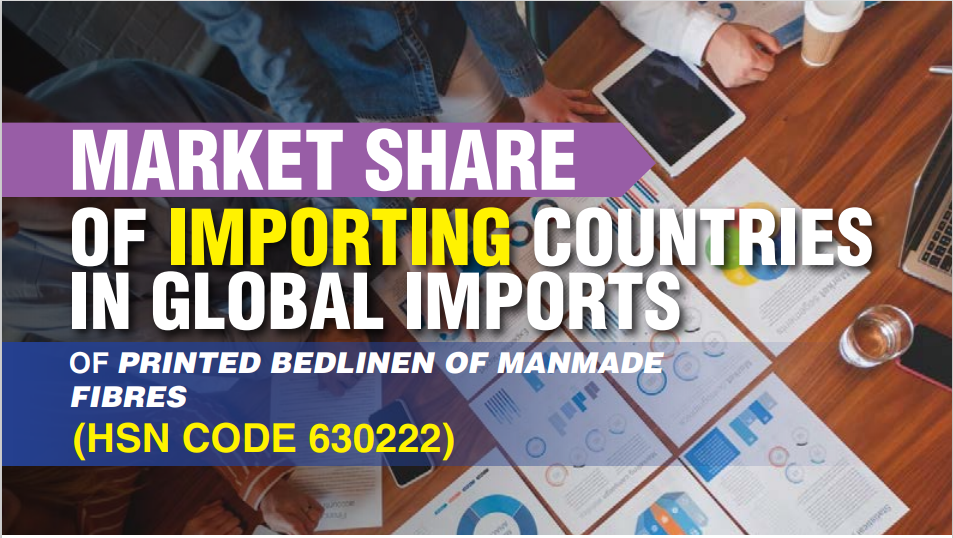
1.PNG)
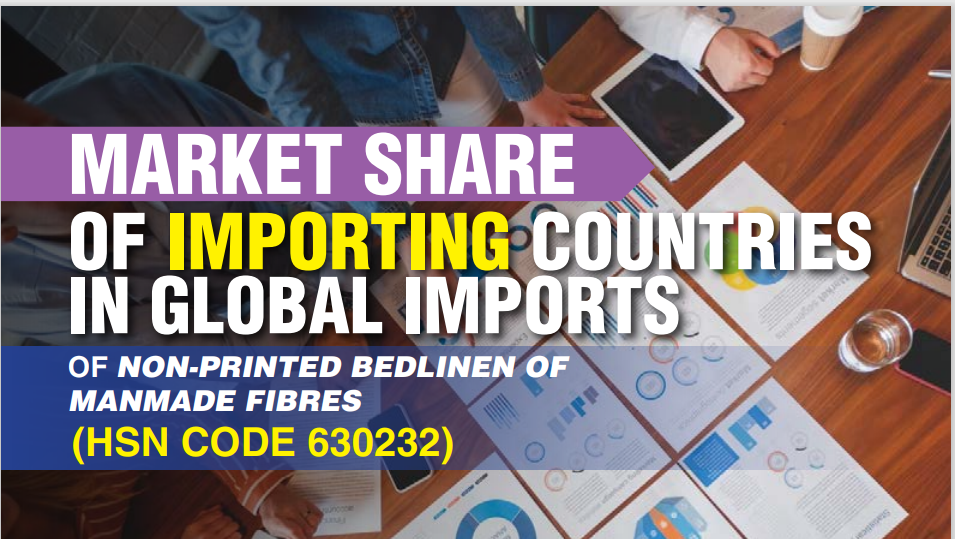
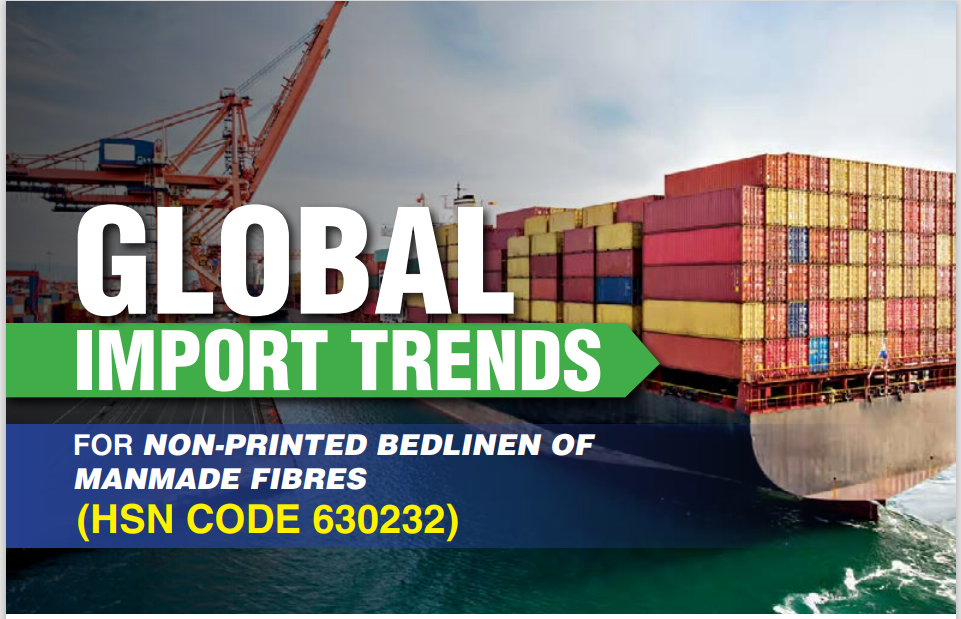
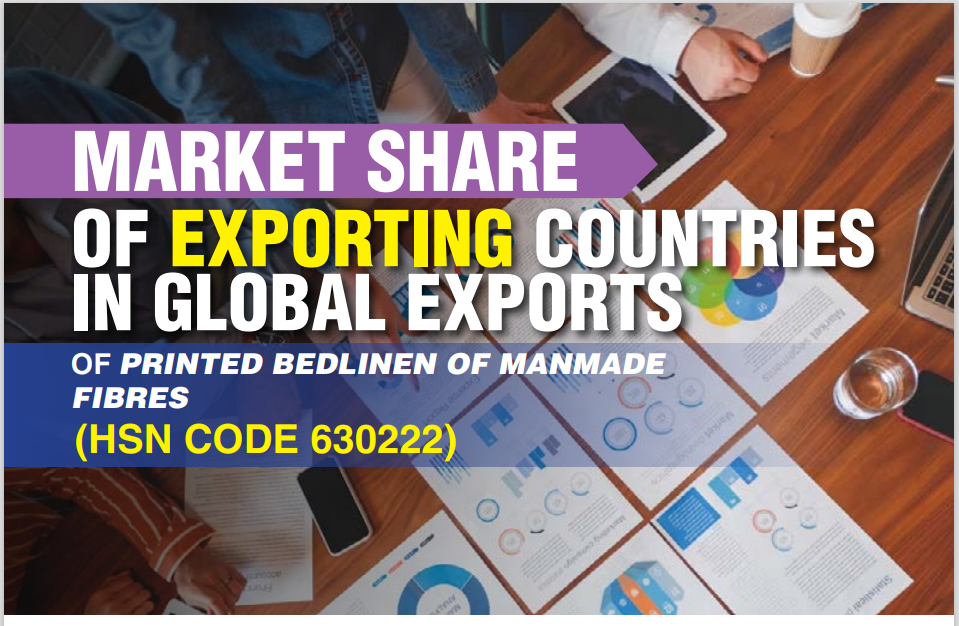
1.PNG)
